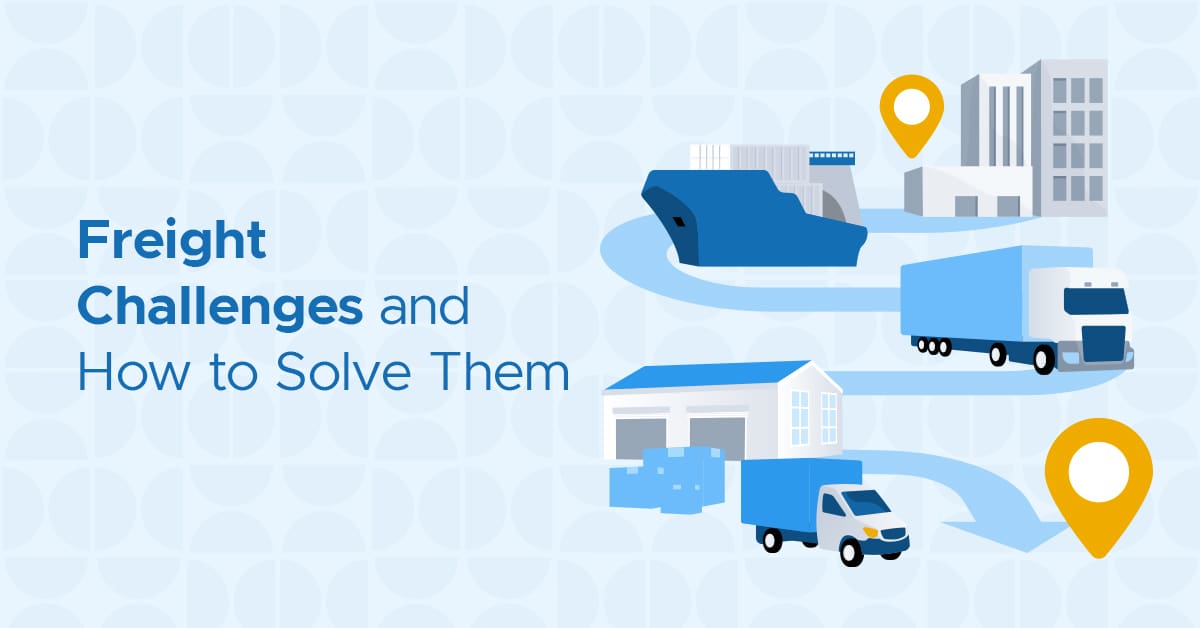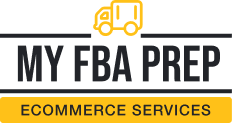
Freight Forwarding vs 3PL: Find the Ideal Logistics Partner

Navigating today’s complex and speedy global marketplaces demands more than good strategy; it requires precise logistics management and the right partners to keep the wheels of your business turning.
Often, the debate narrows down to two major players: freight forwarding vs 3PLs (third-party logistics providers). Though they appear similar, their services and benefits cater to distinct needs. So, let’s examine both services in detail, breaking down their roles, benefits, and differences to help you determine which option is right for your business.
What is freight forwarding?
Freight forwarding facilitates the transportation of goods from one location to another, often across international borders. Freight forwarders are intermediaries between shippers (the businesses or individuals sending goods) and carriers (shipping lines, airlines, or trucking companies).
Here’s a brief rundown of their core services:
- Booking cargo space: Freight forwarders arrange transportation for goods by securing space with carriers across various modes — air, sea, road, or rail — based on the shipper’s requirements.
- Documentation handling: They prepare and manage essential shipping documents, ensuring compliance with international trade regulations.
- Customs clearance: Freight forwarders facilitate smooth customs processing by handling duties, taxes, and other compliance requirements for importing and exporting goods.
- Shipment consolidation: For smaller shipments, freight forwarders combine goods from multiple clients into one container to reduce costs and maximize efficiency.
- Cargo insurance arrangement: They help shippers secure cargo insurance, protecting against potential losses or damages during transit.
The pros of freight forwarding
When it comes to moving goods across borders, working with freight forwarders can be a game-changer for a few reasons:
- Global access: Freight forwarders have extensive networks of carriers, customs agents, and partners worldwide that enable businesses to access international markets seamlessly.
- Cost efficiency: By consolidating shipments from multiple clients, freight forwarders negotiate competitive rates with carriers. That makes international shipping more affordable for businesses of all sizes.
- Flexibility in shipping options: Freight forwarders offer multiple transportation modes so they can accommodate diverse shipping needs.
The cons of freight forwarding
While freight forwarders can make international shipping more manageable, you may face challenges when working with them like:
- Limited scope of service: Freight forwarders specialize in managing the transportation of goods only; they don’t handle warehousing, inventory management, or order fulfillment.
- Not ideal for domestic logistics: If your operations center around domestic logistics, their services are less cost-effective since freight forwarding is better suited to international shipments.
- Less control over shipping: Freight forwarders act as intermediaries, so you’ll have limited visibility and control over the shipping process.
What is a 3PL?
A 3PL manages various aspects of a business’s supply chain operations, from warehousing and transportation to reverse logistics. Providers manage end-to-end operations so businesses can focus on other areas like sales, marketing, and product development.
Partnering with 3PLs can support scalability, efficiency, and a streamlined supply chain. Below are some of their core functions:
- Warehouse and inventory management: Providers offer storage solutions and manage inventory levels to ensure goods are organized and readily available for dispatch.
- Order fulfillment: They handle the entire order fulfillment process, including picking items from inventory, packing them securely, and shipping them to customers.
- Transportation management: 3PLs coordinate the transportation of goods, whether it’s long-haul shipping, last-mile delivery, or a combination of modes.
- Reverse logistics: They manage product returns, repairs, and recycling, thus streamlining the process for businesses and their customers.
- Technology integration: Many 3PLs provide access to logistical technology such as WMS (warehouse management systems), TMS (transportation management systems), and real-time tracking tools.
The pros of 3PLs
3PLs can transform the way you manage logistics. Some of the benefits of working with a provider are as follows:
- End-to-end solutions: 3PLs handle everything, from warehousing and inventory management to order fulfillment and transportation. This way, you can focus on your core business operations.
- Scalability and flexibility: Whether dealing with seasonal demand spikes or long-term growth, 3PLs can scale their services up or down to meet your needs.
- Advanced technology and logistics: Many 3PLs offer cutting-edge logistical tools that provide visibility and insights to optimize your supply chain.
The cons of 3PLs
Although 3PLs offer solutions that save time and reduce logistical headaches, they come with certain drawbacks:
- Potential disruptions: Because you rely heavily on them, any issues like system failures can upset your operations and diminish customer satisfaction.
- Potentially higher costs: Bundled services and value-added offerings may be more expensive than managing some logistical functions in-house, especially for businesses with lower shipping volumes.
- Difference in service offerings: If you choose a provider that can’t accommodate your business needs, you could face delayed shipments, poor communication, errors in order fulfillment, and other issues.
Key differences between freight forwarding vs 3PL
When it comes to managing logistics, freight forwarding vs 3PL both offer unique advantages that can boost your business performance depending on your needs:
- Scope of services: Freight forwarders primarily transport goods, acting as intermediaries between shippers and carriers. They book cargo, arrange shipments, and handle customs clearance. 3PLs, though, offer end-to-end logistical solutions beyond physical delivery and handle multiple supply chain stages. Their scope includes warehousing, inventory management, order fulfillment, transportation, and reverse logistics.
- Flexibility and customization: Although freight forwarders provide flexibility in transportation modes, their services are less customizable beyond shipping arrangements. In contrast, 3PLs are highly customizable, crafting tailored solutions to fit a business’s unique requirements. These include integrating technology, offering value-added services, and adapting to market demands.
- Level of involvement: Because freight forwarders are limited to coordinating with carriers and organizing the transportation process, the shipper is left responsible for other supply chain components. 3PLs, meanwhile, take a more hands-on approach by managing logistical operations directly and thus serve as an extension of a business’s supply chain.
- Technology: Freight forwarders use basic systems to track shipments, book cargo, and handle documentation. While they may provide tracking updates, their technological capabilities are often limited compared to 3PLs. The latter leverage advanced logistical technologies to enhance visibility, optimize supply chain efficiency, and provide businesses with actionable insights.
When to choose freight forwarding vs 3PL
Here are some practical instances to help you determine under which fulfillment method – freight forwarding vs 3PL – is best for you:
Freight forwarding is ideal if…
- You need specialized knowledge in navigating customs and complex route management
- Your main concern is to move goods from one location to another, especially internationally
- You want cost-effective shipping solutions
- You require specialized shipping solutions
A 3PL is ideal if…
- You need comprehensive logistics management
- You’re looking to scale operations
- You need advanced logistical technology to optimize your supply chain
- You require reverse logistics solutions
Wrapping up — The right logistics partner can smooth the path forward for your business
Choosing between freight forwarding vs 3PL ultimately comes down to your business’s specific requirements. Freight forwarders excel at managing the transportation of goods, while 3PLs are ideal for comprehensive supply chain solutions. Review your goals and operations, and determine the level of support you need. Take time to assess your current logistical strategy as well before deciding which option is more suitable.
If you’re still unsure which one is best for your business, MyFBAPrep can assist with your selection. Contact us today for a consultation, and we’ll pinpoint the solution that perfectly fits your needs.
